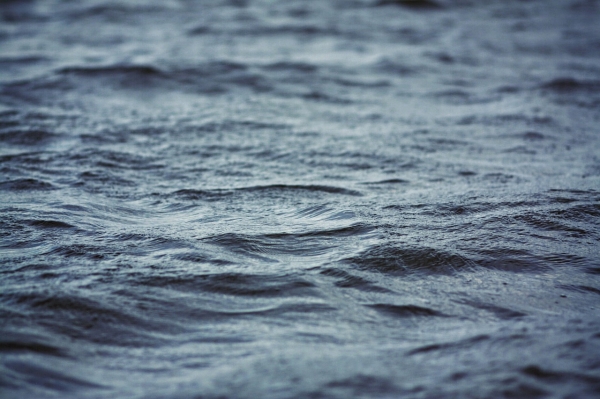Delaware has numerous inland waterways with high microbial impairment from unknown sources. Now, a new study suggests that human waste, both treated and untreated, is responsible for the waterway impairment in these Delaware watersheds. The study was published in Applied and Environmental Microbiology, a journal of the American Society for Microbiology.
According to the Clean Water Act, when water is contaminated by pollutants and doesn’t meet the standards of clean water, the water bodies are considered impaired. In the new study, researchers worked with state water quality monitoring staff to collect water across many different locations from 3 different inland watersheds in the southern part of Delaware. By examining the DNA in the water, the scientists could see microbial communities that were present. “The nice thing about this study is that the sampling happened on a monthly basis across 2 different years, 2020 and 2021. We were able to capture a lot of different seasonal, tidal and geographic location differences to look at this in a very comprehensive manner,” said study coauthor Jennifer Biddle, Ph.D., a professor in the School of Marine Science and Policy at the University of Delaware.
The researchers compared the DNA signatures in the water to those from a library containing signatures from different organisms that live across Delaware, including domestic animals and livestock, as well as humans. The researchers found that the majority of the microbial signatures in the water were comparable to a human waste signature and did not match an animal signature, either domestic or agricultural.
Read more at American Society for Microbiology
Photo Credit: xxolaxx via Pixabay
Sci/Tech Pollution Top Stories
